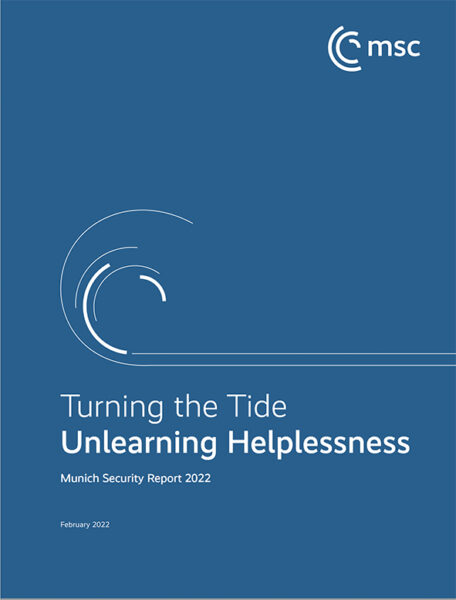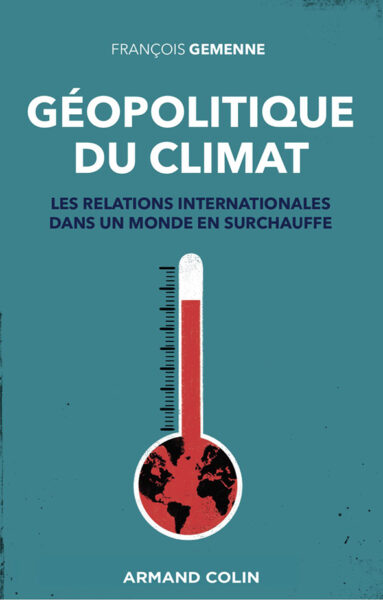At different times in its history, the Caribbean has been a strategic region — initially with the arrival of the first Europeans in the late fifteenth century, then, among other things, by its proximity to the Panama Canal and later as a result of the Cuban revolution. But for some years now it has played a less important role internationally.
However, as Viktor Sukup points out, “Russia’s recent rapprochement with Cuba and Venezuela and the increasing engagement of China in the region” suggest that the Caribbean still has strategic importance. In this context, he ponders the future of the area, a region hit hard by the global economic crisis and threatened by the effects of climate change.
To examine the question, Sukup reviews the general outlines of the history of the Caribbean countries and delineates their social, economic and political situations. He then offers a number of key suggestions that can help the region to meet the challenges of the twenty-first century, stressing particularly the need for the Caribbean states to establish closer regional cooperation, to open up to the rest of the world, to diversify and upgrade their main industry, which is tourism, to exploit other areas of activity, such as craftwork, agriculture, fishing etc. and to develop the production of renewable energy sources.
The Caribbean and its Prospects
Cet article fait partie de la revue Futuribles n° 360, fév. 2010


